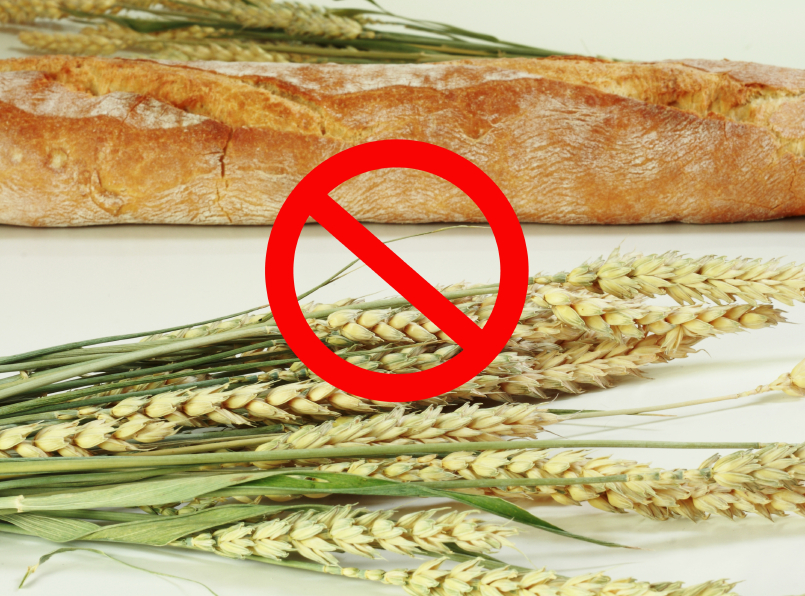
 I believe diets make people very unhappy. They don’t work long term because every one of us is different and requires an individual food plan. When you try and fit the mold of a restrictive diet, you live within the confines of your new program instead of exploring the freedom of foods that make you feel better.
I believe diets make people very unhappy. They don’t work long term because every one of us is different and requires an individual food plan. When you try and fit the mold of a restrictive diet, you live within the confines of your new program instead of exploring the freedom of foods that make you feel better.
All of our nutrition programs, whether through testing or food experiments, are designed to help you figure out what makes your body work well and feel well, which is a key step on the path to overall happiness. Our 21-day elimination food plan is brilliant at helping you discover how food actually makes you feel. Removing all allergenic foods for 21 days and then adding them back individually is a great way to experience this body-mood-food connection. These food reactions can be very insidious at first, but with care and mindfulness you can discover, for example, that dairy can give you brain fog, or that eggs make you gain 2 pounds. I have found that sugar can feed depression, and that for some people, taking it out of the diet is the best happiness cure there is!
Choosing the right foods for your body can tap your highest potential. While I know that finding your true north food plan is a process, it is important to me when I work with you to bring you into your own power of healing – and happiness — by finding the foods that work for your body and then staying the course. Join me on May 11th for our 21-Day Group Detox and discover the foods that make you happy! Check out our class calendar to learn more about our cooking class dates and times.


 So what’s all the hype about gluten? Most people think if they aren’t celiac, that gluten is fine to eat. That used to be the case, but unfortunately, today’s gluten is vastly different than it used to be.
So what’s all the hype about gluten? Most people think if they aren’t celiac, that gluten is fine to eat. That used to be the case, but unfortunately, today’s gluten is vastly different than it used to be.